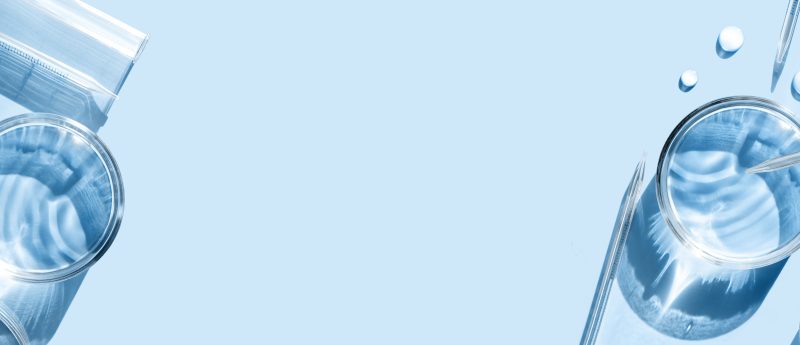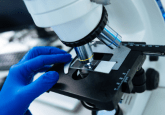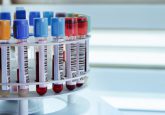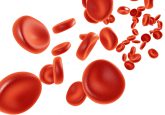Add-on device for smartphone could one day detect pregnancy

Researchers at the Hanover Center for Optical Technologies (Germany) have developed a self-contained device for smartphones that can monitor multiple types of bodily fluids, with the potential for use in biomolecular tests. The sensor produces readings that can be assessed by an application on the phone to provide real-time results, and which can be combined with the GPS signal of the phone to guide users to pharmacies, hospitals or ambulances.
The sensor utilizes surface plasmon resonance (SPR) to detect the composition of a liquid sample, or the presence of trace gases. It can also be calibrated to detect particular biomolecules, a feature that could have potential for monitoring chronic illnesses, such as diabetes, or detecting pregnancy.
SPR is the optical phenomenon that occurs when a fixed beam of light causes electrons on a thin metallic film to resonate. When the film is in contact with liquid, the liquid’s index of refraction alters the area that resonates, and its location in the light spectrum. When recognition elements are added to the film, they alter the index of refraction when they come into contact with specific biomolecules or gases. Scientists can use this information to determine the composition of biological samples.
“We have the potential to develop small and robust lab-on-a-chip devices for smartphones. So, SPR sensors could become ubiquitous now,” explained Kort Bremer, inventor and co-author of the research. SPR typically employs large laboratory equipment, as it requires both light detection and light source, yet both of these are common features of smartphone design. The researchers were able to exploit this to design their 400-micrometer diameter core, multi-mode fiber device with its silver-coated sensing region.
The researchers have tested the device’s sensitivity on varying concentrations of glycerol, and found that it produces results close in accuracy to currently used laboratory equipment, but it is far smaller and cheaper to produce.
Source: Could your smartphone one day tell you you’re pregnant?






